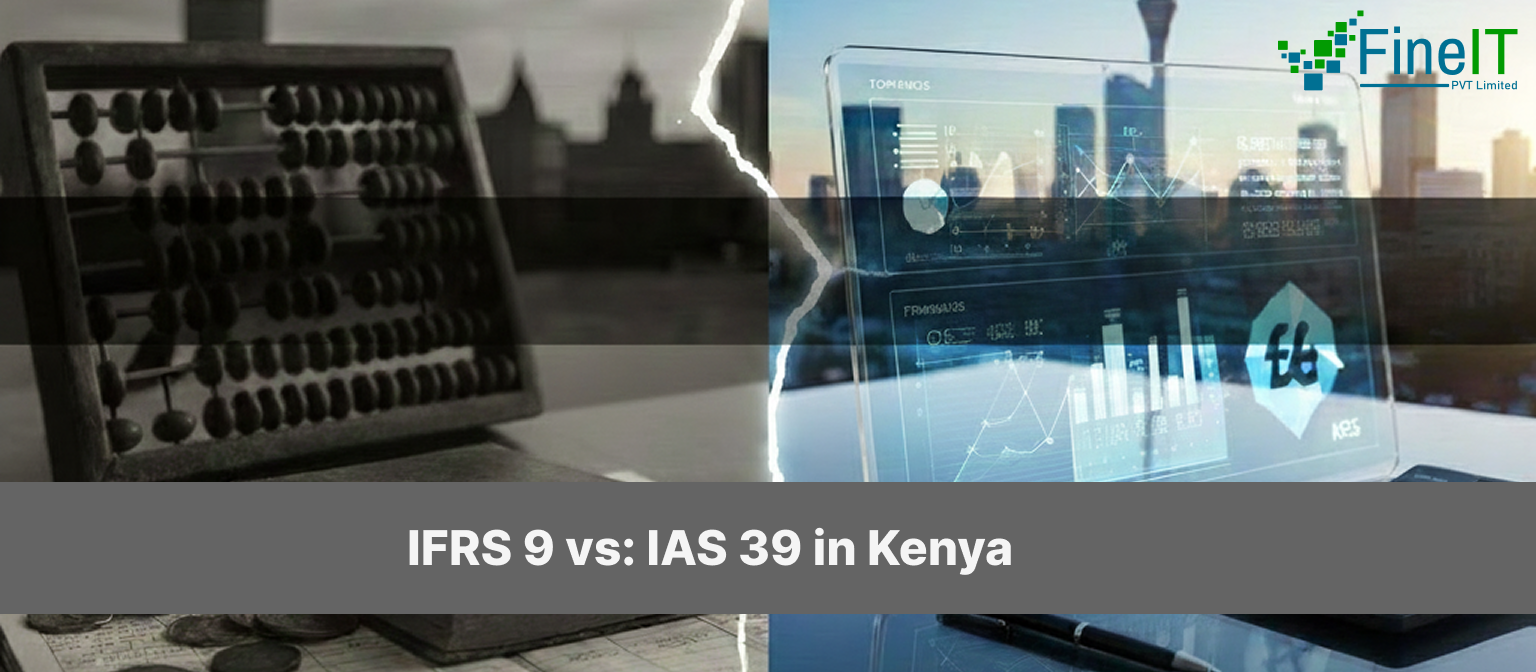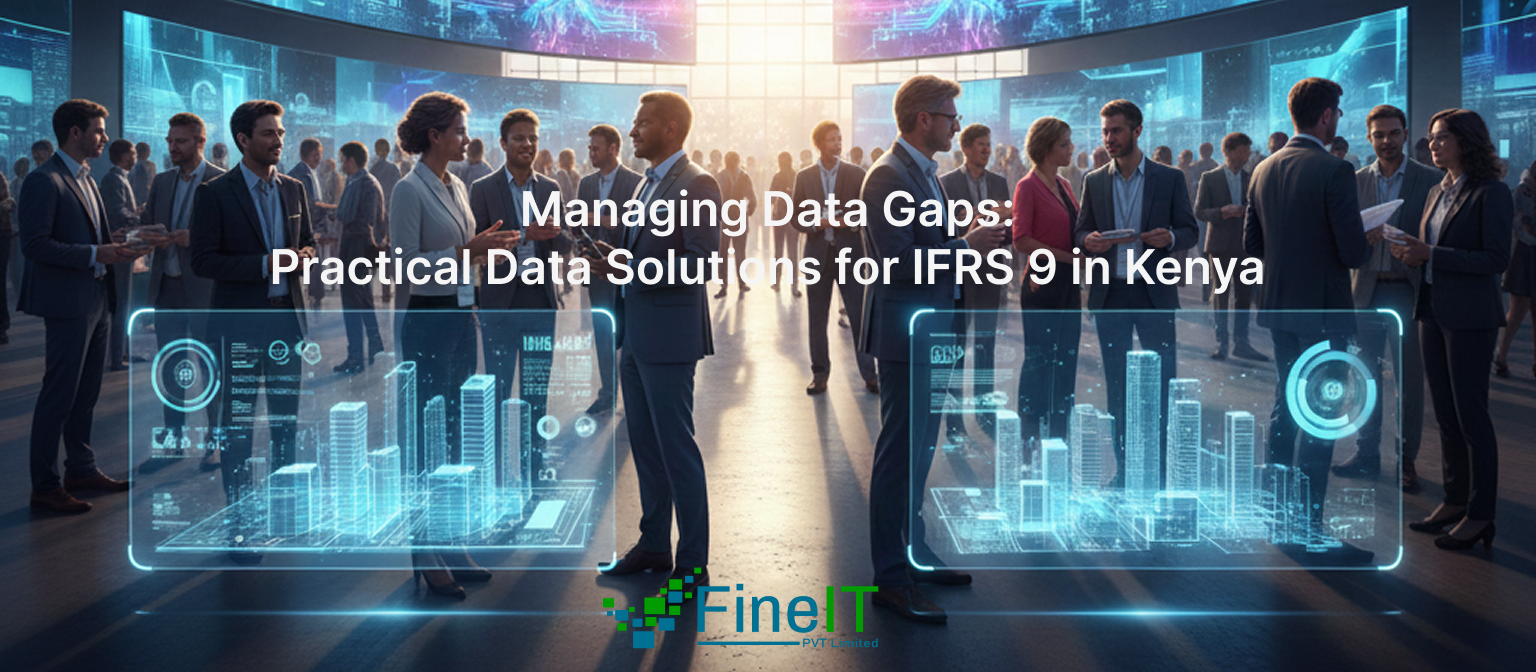Overlay Adjustments and Management Judgement under IFRS 9 in Kenya
Implementing IFRS 9 (International Financial Reporting Standard 9) in Kenya has been a transformative journey for the financial sector, shifting the focus from historical “incurred” losses to a forward-looking Expected Credit Loss (ECL) framework. While the standard is designed to be quantitative and data-driven, the reality of the Kenyan economic landscape often requires a delicate […]









